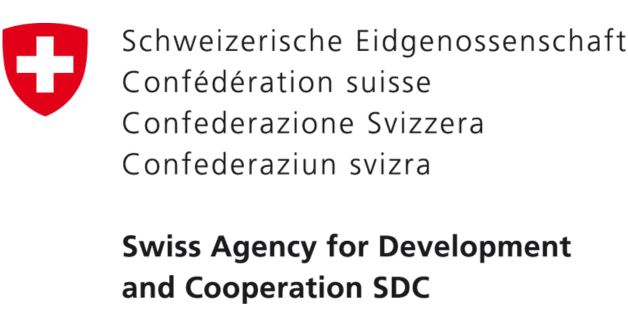
Improving the Sexual and Reproductive Health of Adolescents
Related documents
In 2024

24
young educators trained

54
educational staff trained

Approximately 300
young people reached
The Country’s Challenges
In 2021, Tanzania has a population of 61 million, nearly a quarter of whom are adolescents aged 10 to 19, representing 15.5 million young people. The good health of this age group is closely linked to their sexual and reproductive health. However, among sexually active adolescents, only half used a condom during their last sexual encounter*. In some rural areas, 39% of adolescent girls aged 15 to 19 already have a child or are pregnant**. They are at increased risk of premature birth, complications during childbirth, and maternal and neonatal mortality.
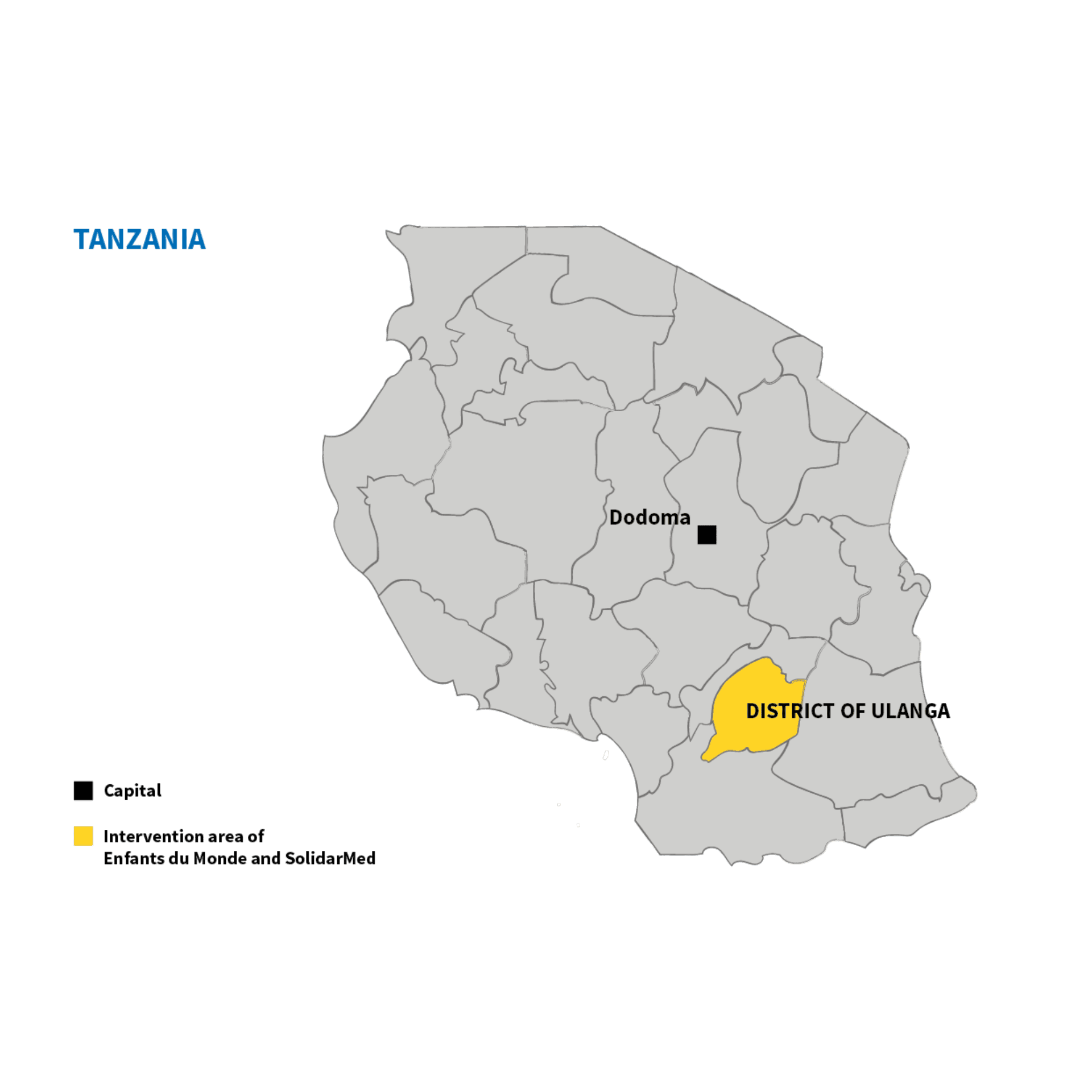
*Kalolo A, Kibusi SM. The influence of perceived behaviour control, attitude and empowerment on re-ported condom use and intention to use condoms among adolescents in rural Tanzania. Reprod Health. 2015
**Teenage childbearing by region, UNFPA Teenage pregnancies factsheet 2018
The Partnership of two Swiss NGOs with Cutting-edge and Complementary Expertise
Enfants du Monde, whose expertise in education has been recognised for over 50 years,
and the NGO SolidarMed, which specialises in the medical field, launched a joint project in 2022 funded by the Swiss Agency for Development and Cooperation to improve the sexual health of adolescents aged 10 to 19 in the district of Ulanga in the south of the country. Changing attitudes among adolescents and adapting health services to their needs is at the heart of this project, which is the first phase of closer cooperation between the two NGOs.
Our Impact
The objectives of this project between 2022 and 2024 are:
- To improve the knowledge of nearly 15,000 adolescents aged 10 to 19 and promote a positive attitude towards sexuality, contraception and pregnancy
- Change the attitudes of nearly 100 adults from the school and medical sectors so that they support young people when they encounter problems related to these issues
- Improve the availability and quality of sexual and reproductive health services in the district of Ulanga
Julius et Neema*, students, Tanzania
We are two 17-year-old students, and our teacher has chosen us to lead sex education sessions for young people. We have been trained and now we organise sessions to talk to other students at the school.
*Fictitious names have been used to protect the identity of those involved.
Improving Health Through Education
Teenagers in Tanzania often lack information about sexuality, contraception and pregnancy. Sex education is almost non-existent: girls may not know that they can become pregnant from their first sexual encounter, for example, and contraceptive use is low.
Appropriate sex education helps reduce sexually transmitted infections and the number of unwanted pregnancies***. Switzerland is one of the countries with the lowest teenage pregnancy rates in the world, largely because sex education has been part of the school curriculum for many years.
***2015 UNESCO report entitled « L’éducation sexuelle complète : Nouvelles données, leçons et pratiques – Étude mondiale 2015 »
Promoting Youth Participation to Change Attitudes
To identify young people’s needs and the barriers and taboos surrounding sexuality, Enfants du Monde will first conduct interviews in the local language with adolescents, educators, parents, teachers and the village community.
Based on the analysis of these interviews, our education specialists, in collaboration with the training team in Tanzania, will develop a teaching guide for facilitators and train them in participatory methods to involve young people, for example through the creation of radio programmes or educational plays. This approach significantly increases the impact of health education sessions.
Providing Adolescent-friendly Health Services
In the rural district of Ulanga, the regional hospital is the only facility providing sexual and reproductive health services, in an environment that is not adapted to the needs of adolescents. In the district’s 23 other facilities, a lack of trained healthcare staff, restrictive opening hours, limited choice of family planning methods, or simply ignorance of their existence mean that young people have limited access to these services.
That is why our partner SolidarMed is going to implement measures to adapt health centre services to the needs of adolescents - for example, by creating dedicated ‘closed-door’ consultation rooms or adjusting consultation hours, and by strengthening the skills of healthcare staff to offer a wider range of services, including family planning and screening for sexually transmitted diseases.
Main Achievements in 2022
- Conduct an educational assessment to better understand current educational practices and the needs of young people;
- Develop a training approach based on the knowledge of young people and the community to better convey scientific knowledge and prevention messages;
- Needs assessment through an analysis of health centre facilities and a patient survey;
- Training and mentoring of health workers;
- Renovation of adolescent health corners and introduction of a patient satisfaction tool in health centres.
- Awareness-raising activities with communities.
Latest News
Contact our Team
In Switzerland
Enfants du Monde
Route de Ferney 150, CP 2100
1211 Genève 2, Suisse
Mouna Al Amine, Program Manager
Phone : +41 22 798 88 81
Email : info@edm.ch
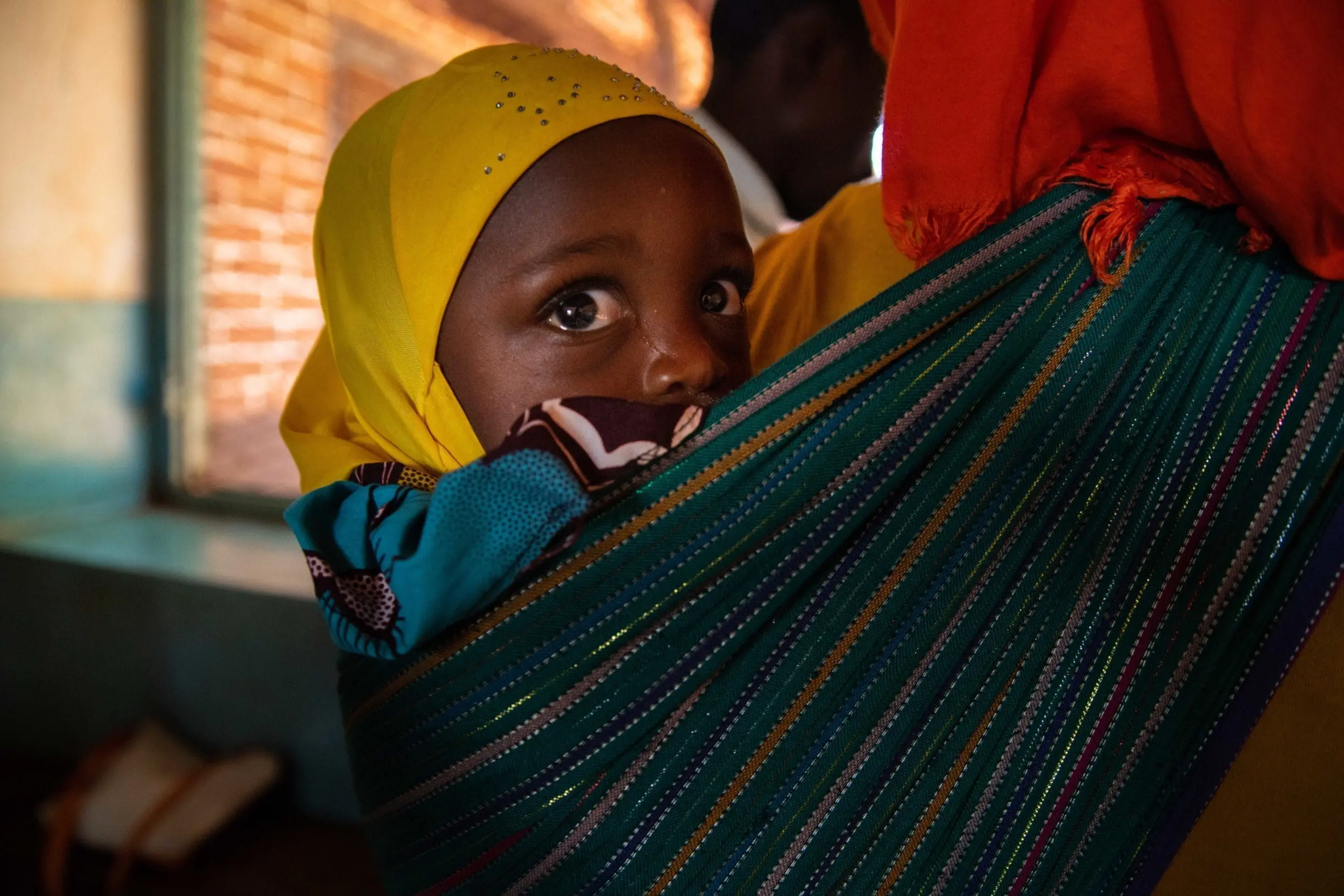
My Donation Can Make a Real Difference
I could provide a nutrition activity kit to 6 teachers in Madagascar to use in class with their pupils.
I could support health education for 500 expecting parents in Bangladesh about risks newborns may face.
I could help 2 nurses in Nepal access ongoing training to deliver respectful care to mothers and their babies.
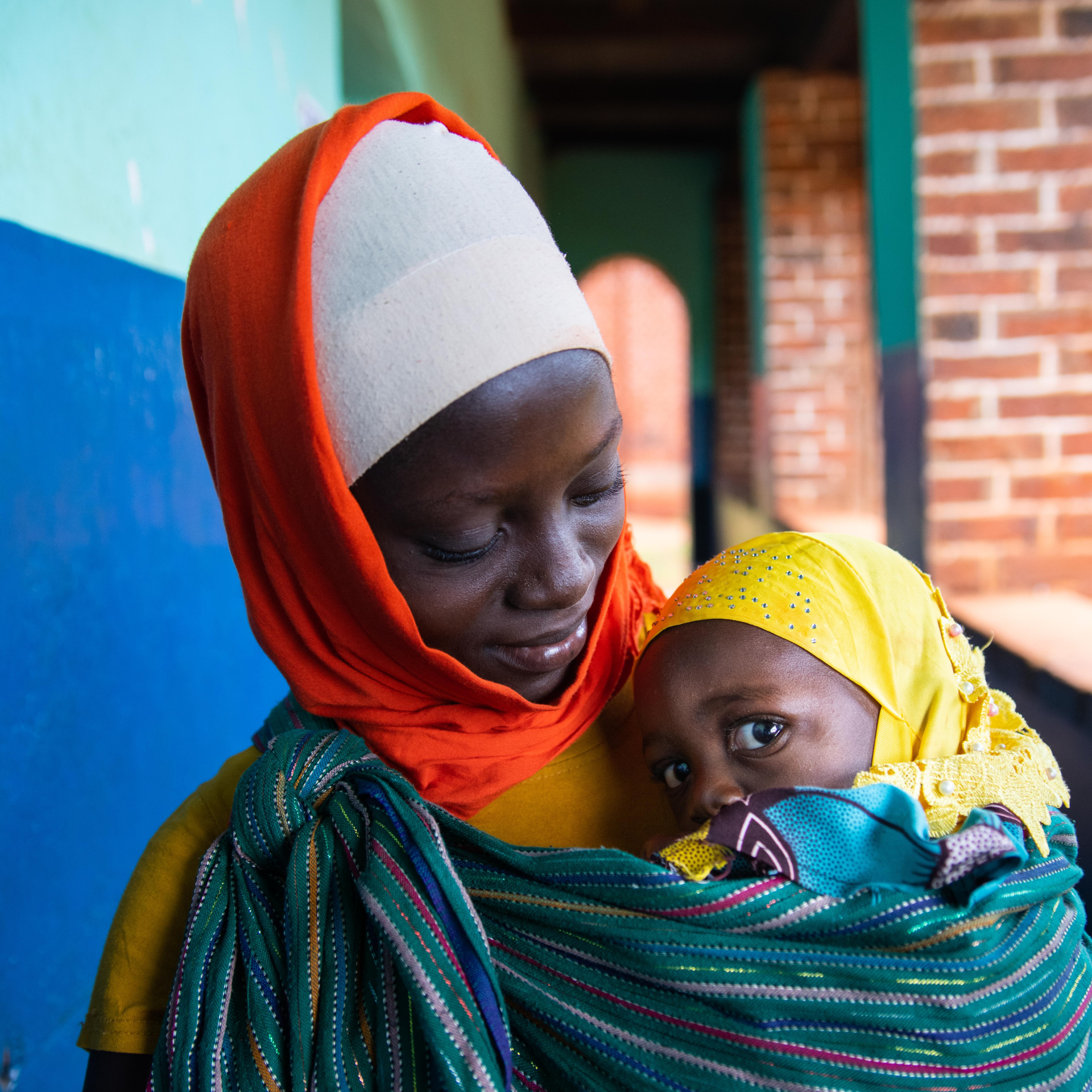
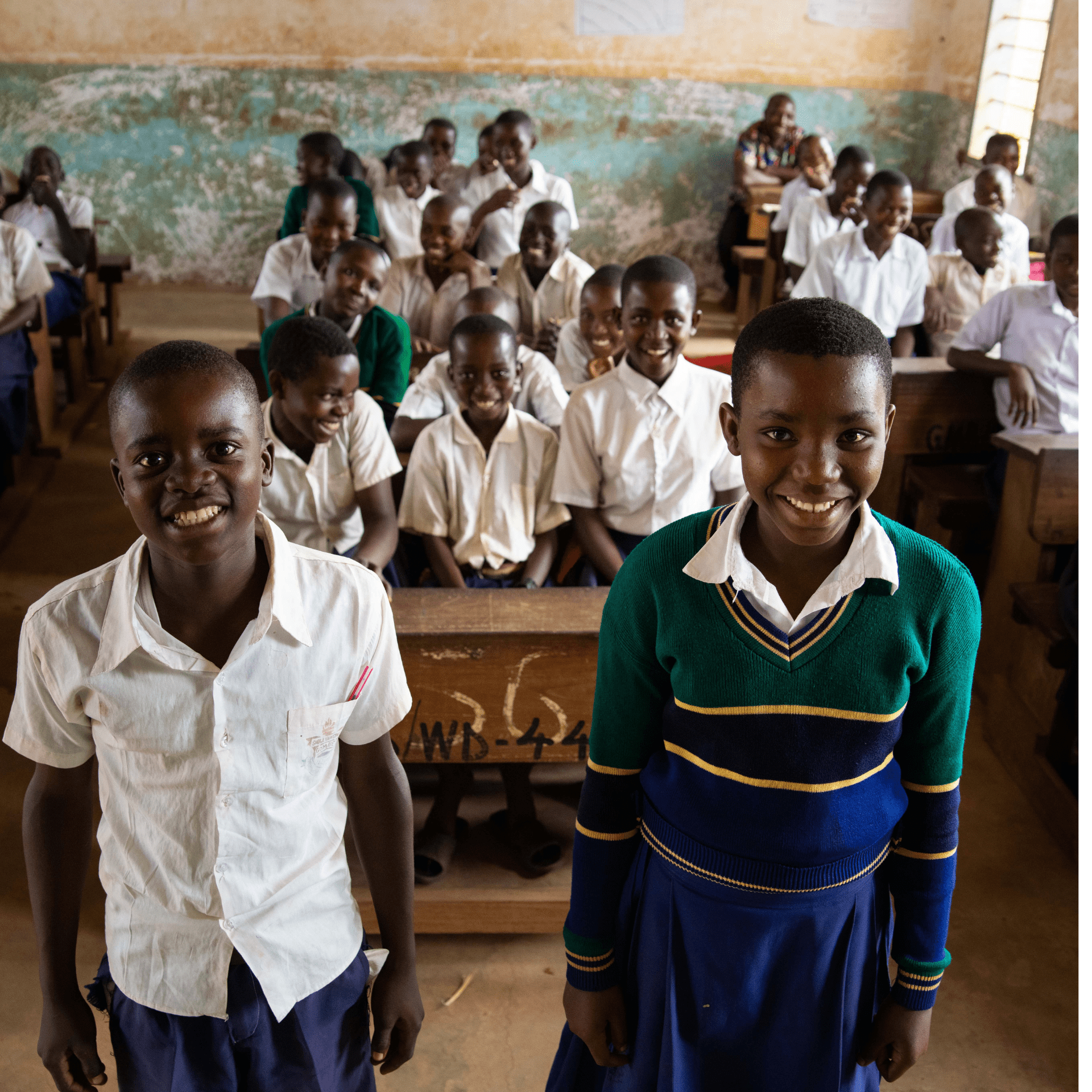
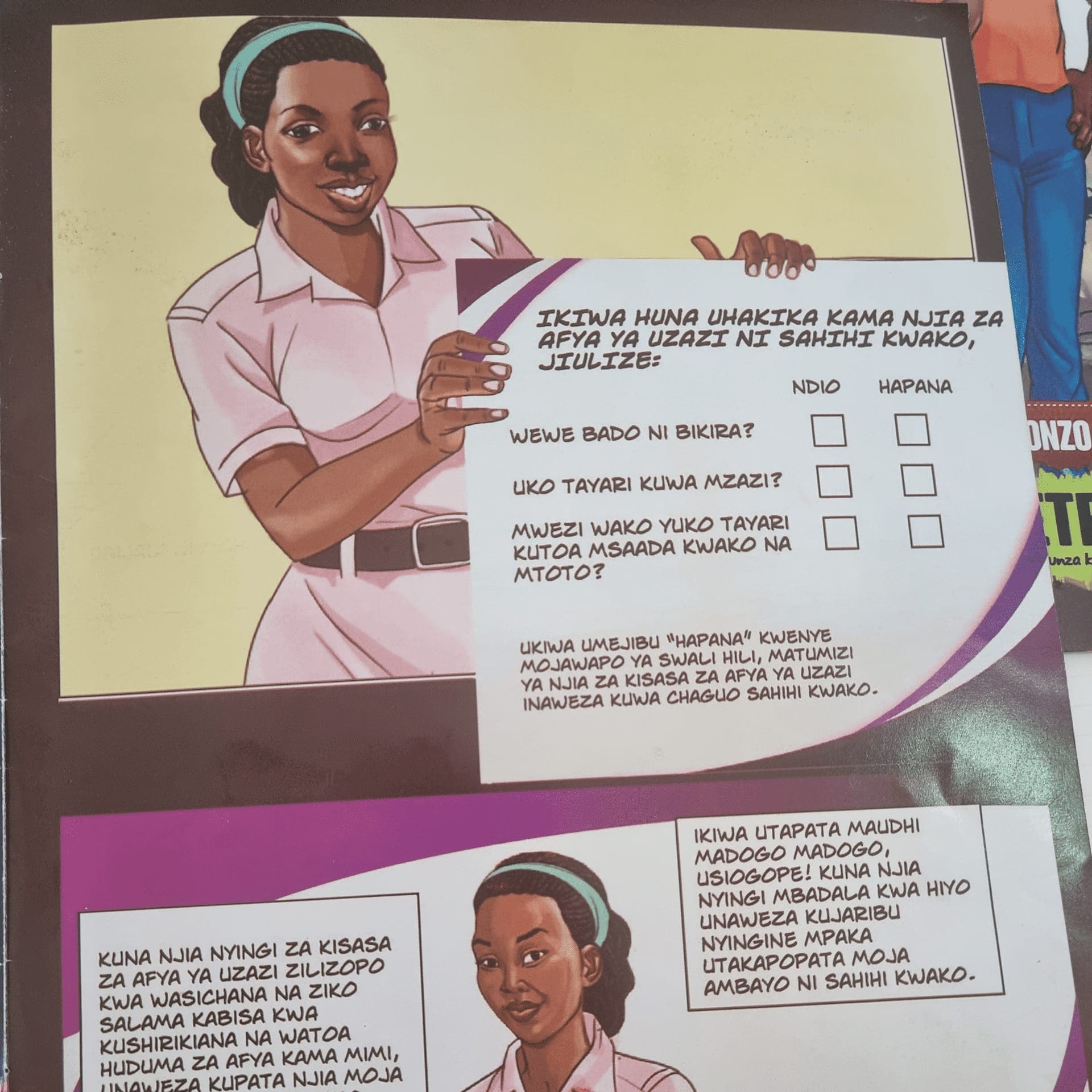
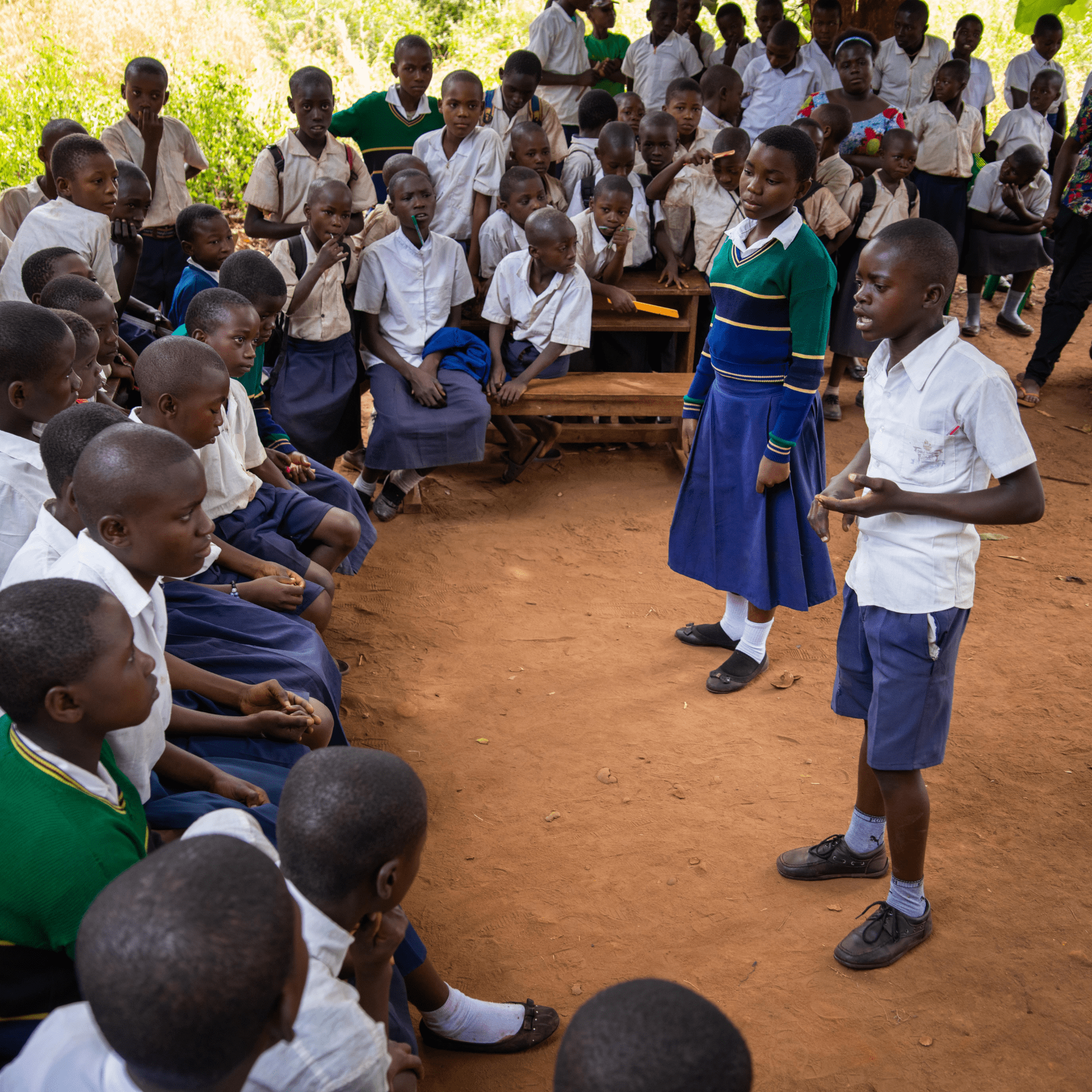
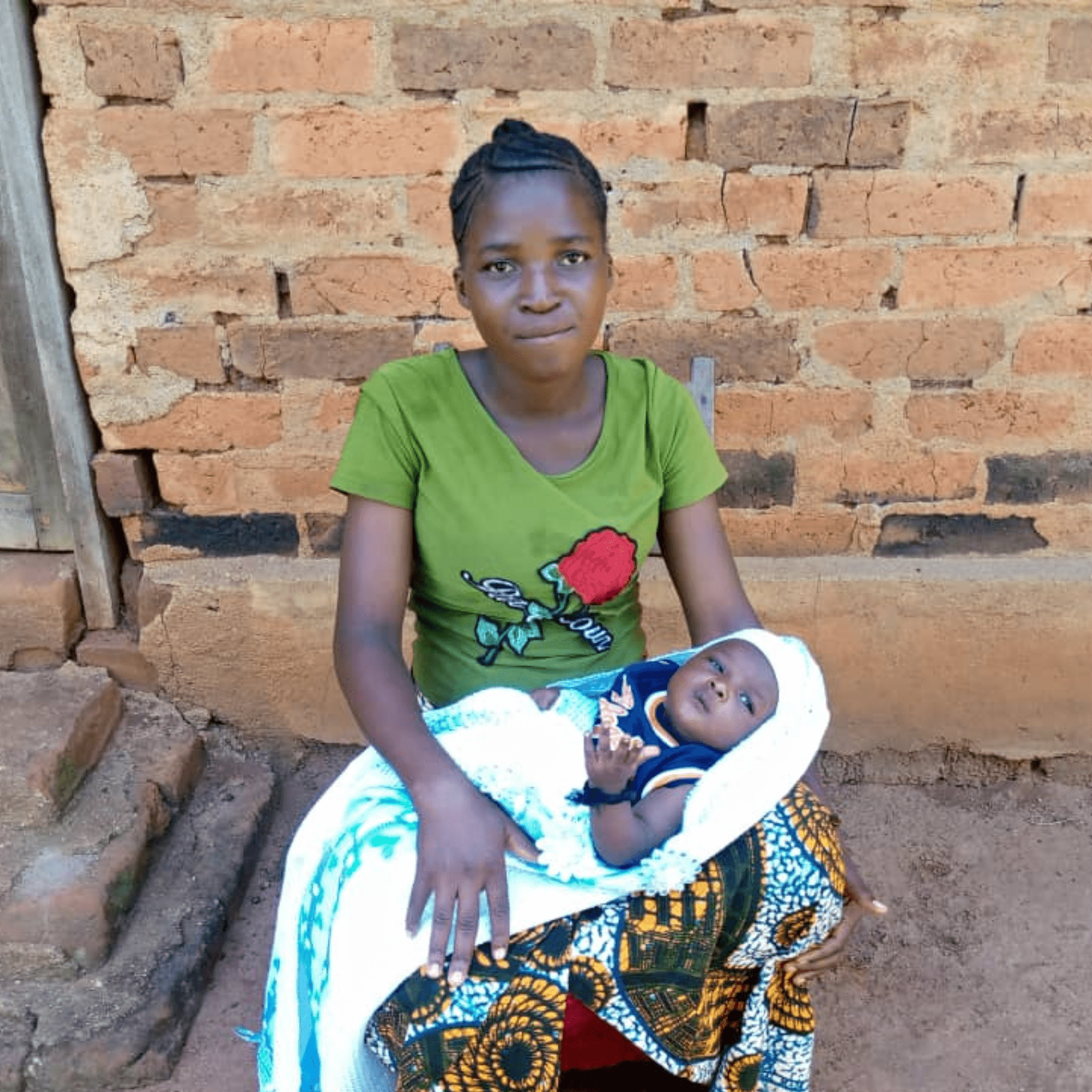
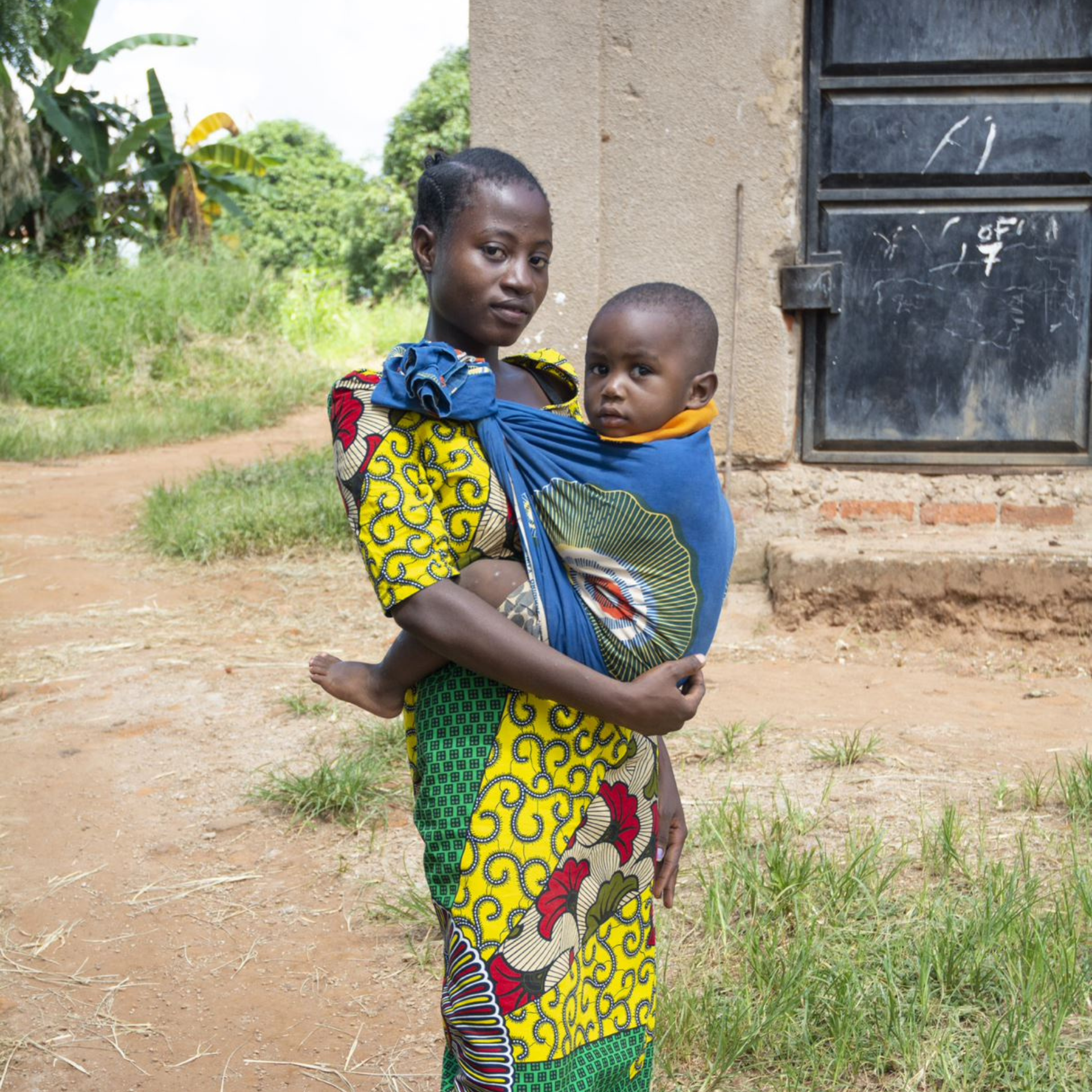
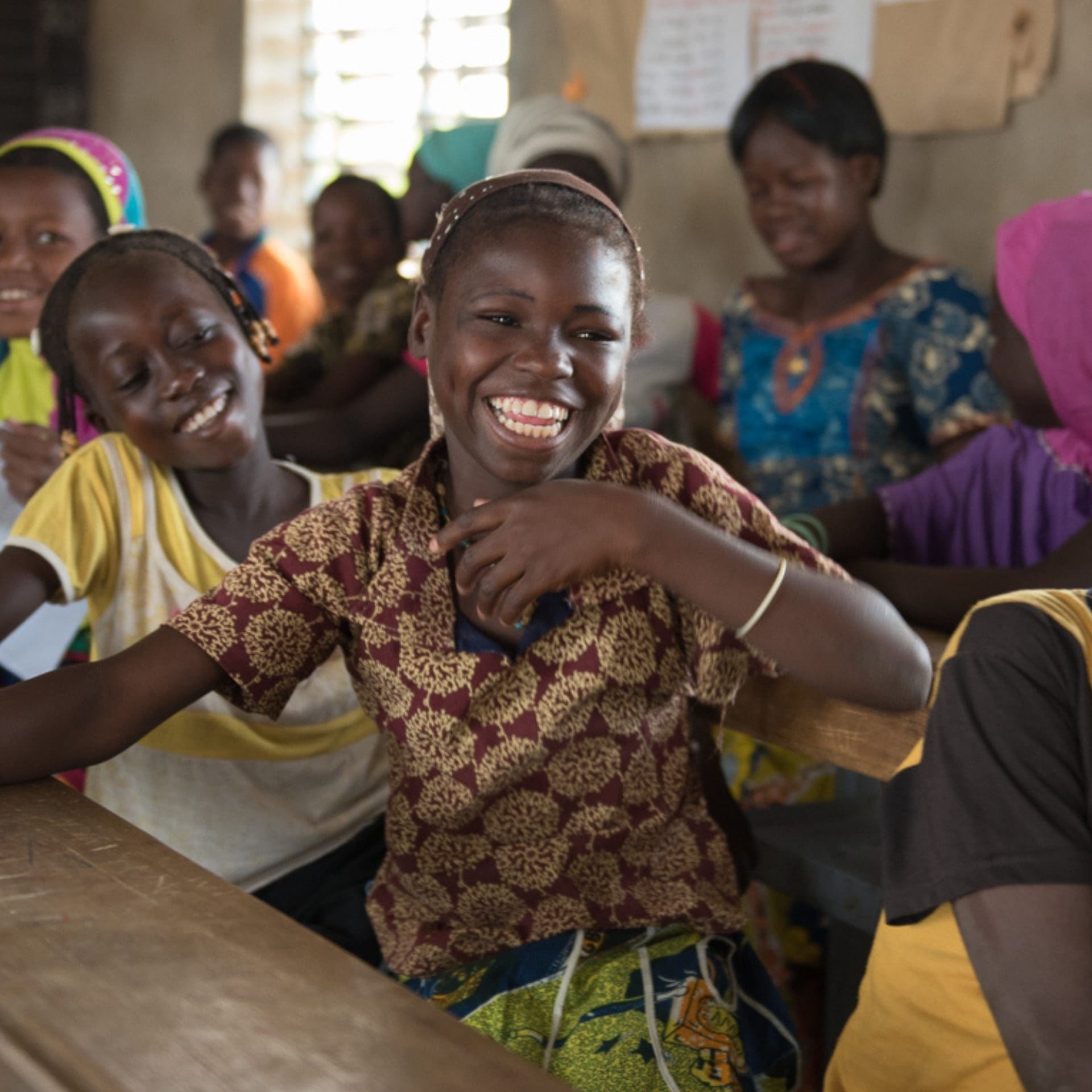 “>
“>
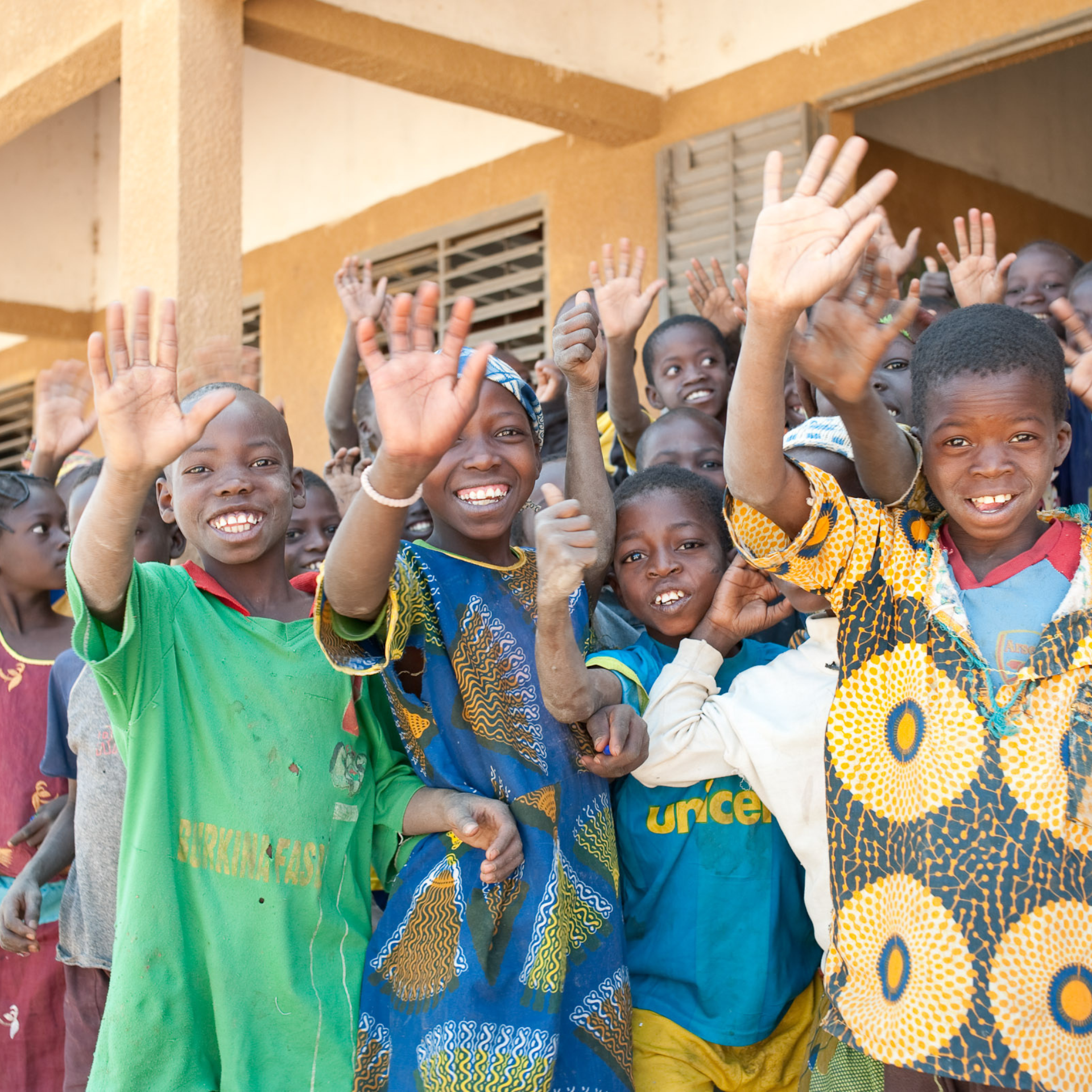 “>
“>
 “>
“>
 “>
“>
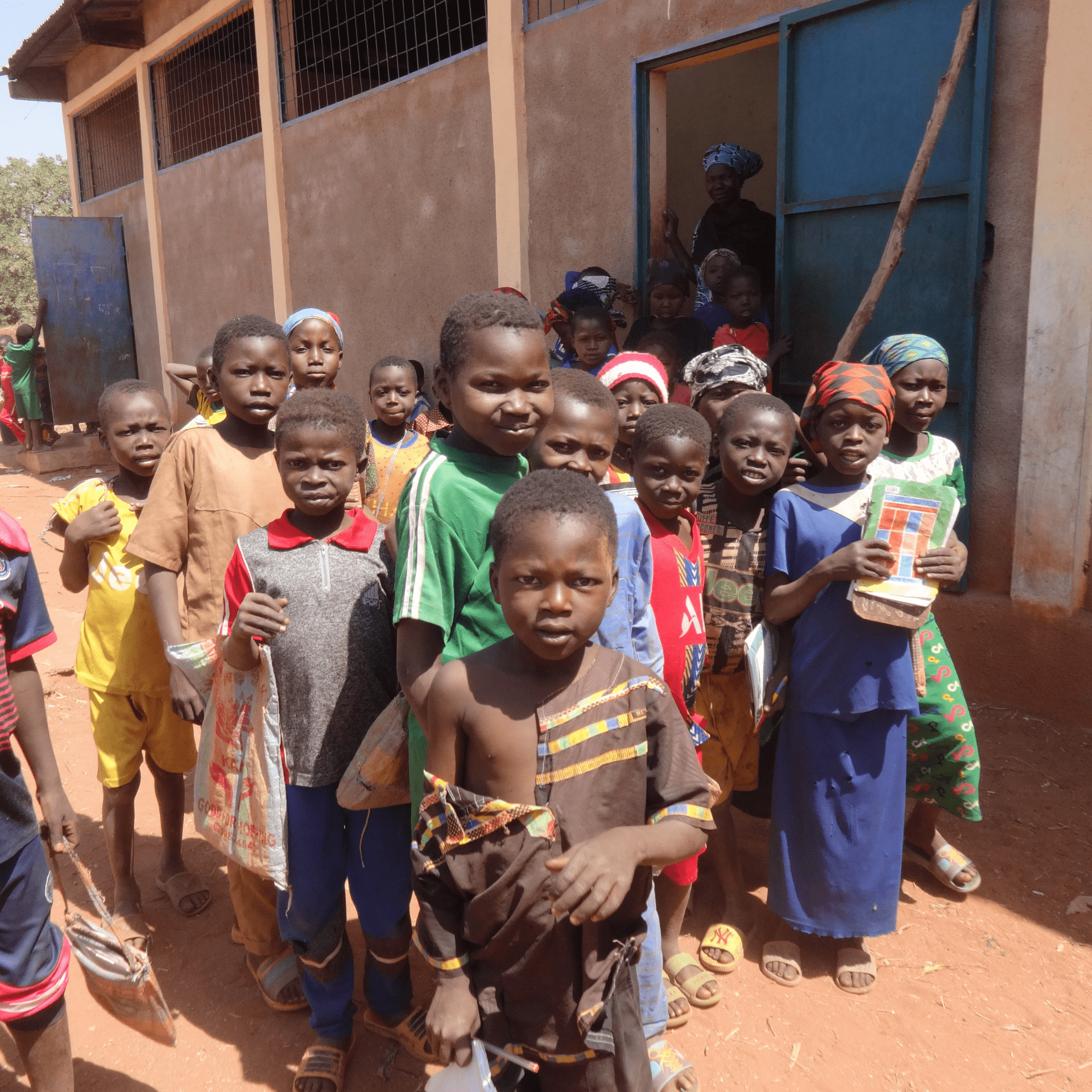 “>
“>
 “>
“>
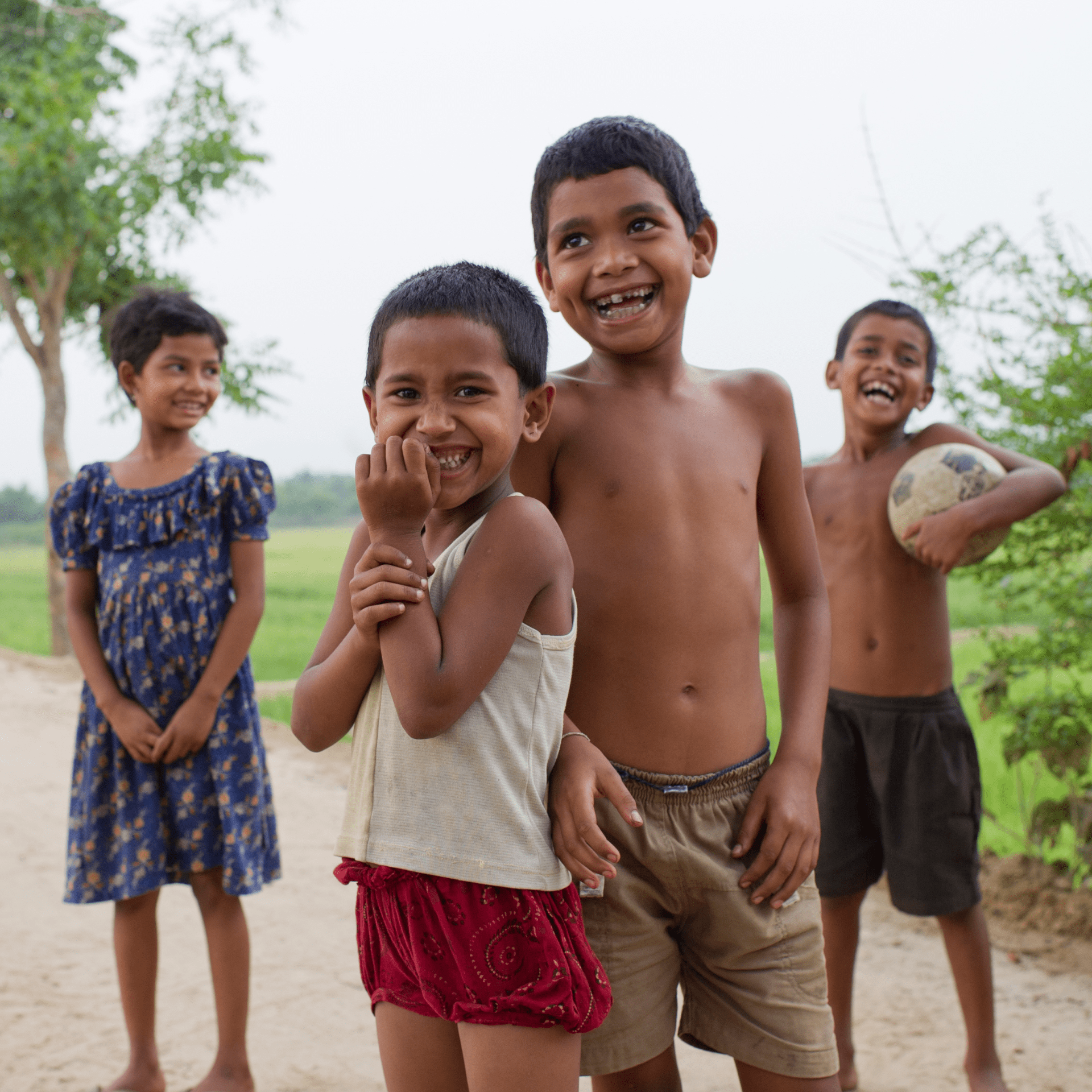 “>
“>
 “>
“>

